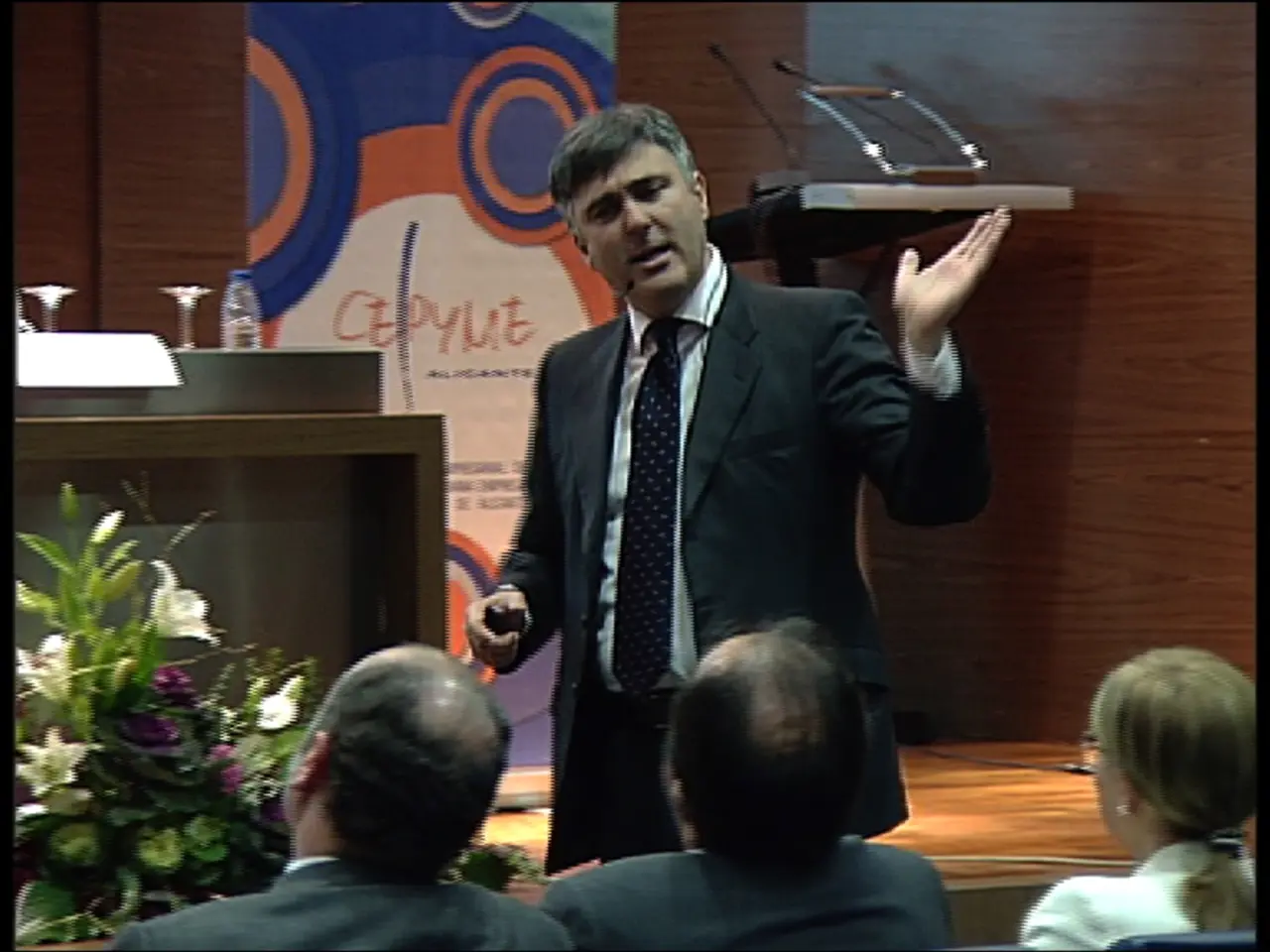Anti-abortion advocates organize diaper collection and protest, urging legislators to cut funding for Planned Parenthood.
On Saturday, activists from pro-life groups congregated on Washington's National Mall, advocating against abortion but also pitched in for a cause beyond the womb. They organized a diaper drive as part of National Celebrate Life Week, donating a whopping 392,000 diapers to families residing in the Washington area.
The gathering also featured a rally demanding lawmakers to tug Medicaid funds away from Planned Parenthood. Their primary goal? To prevent Congress from allowing Medicaid dollars to flow towards the organization. Although using federal funds for abortions is generally illegal, Planned Parenthood can still leverage Medicaid dollars to provide various services.
Sarah Gabel Seifert, the president of EveryLife diaper company, played a significant role in the event. EveryLife, she claims, is the sole pro-life diaper company. It generously donated the diapers that made the drive possible.
"I believe it showcases the depth of our movement's compassion, not just for life inside the womb, but also for families who welcome new life into the world," Seifert stated. "We want to help families flourish by providing them the love, resources, and practical support they need to raise magnificent kids."
June 24 marked the third anniversary of the U.S. Supreme Court's Dobbs decision, which toppled Roe v. Wade.
It's worth noting that the current pro-life movements' push to defund Planned Parenthood from Medicaid has gained traction due to a recent Supreme Court ruling and ongoing legislative action.
In June 2025, the US Supreme Court ruled 6-3 in the case Medina v. Planned Parenthood South Atlantic, giving states the right to boot Planned Parenthood from their Medicaid programs, even for non-abortion healthcare services covered by Medicaid[1][3][4]. This decision could potentially lead to the closure of many reproductive health clinics, limiting access for low-income patients to essential health services, such as contraceptive care, cancer screenings, STI testing, and more[1][3].
Moreover, at the federal level, Congressional Republicans are considering budget bills intended to block Planned Parenthood from receiving any federal Medicaid dollars[4]. The House has already passed one such bill, and the Senate is currently debating similar measures. The Congressional Budget Office has warned that defunding Planned Parenthood from Medicaid could lead to increased healthcare costs later due to overlooked preventive care—indicating significant public health and fiscal implications[4].
Civil liberties groups like the ACLU have denounced this shift, emphasizing the threat it poses to reproductive freedom and the access to crucial health services for millions of low-income Americans. They highlight that defunding Planned Parenthood would result in the closure of hundreds of clinics, stripping communities of trusted providers and further eroding reproductive health care rights[2].
In summary, the Supreme Court decision has legally paved the way for states to cut off Planned Parenthood's Medicaid funding, and parallel federal legislative efforts are actively attempting to bar federal Medicaid funding for Planned Parenthood nationwide. This collective momentum strongly suggests the imminent risk of diminished access to reproductive and sexual health services for low-income populations[1][2][3][4].
The activists' push to defund Planned Parenthood from Medicaid has gained traction due to political shifts, as evidenced by recent legislative action and the Supreme Court ruling. This movement, critical for the pro-life policy-and-legislation agenda, aims to prevent Congress from allowing Medicaid dollars to flow towards Planned Parenthood.
The ongoing politics surrounding Planned Parenthood's funding status is a vital aspect of the general-news landscape, particularly within the context of reproductive health and access to essential services.







